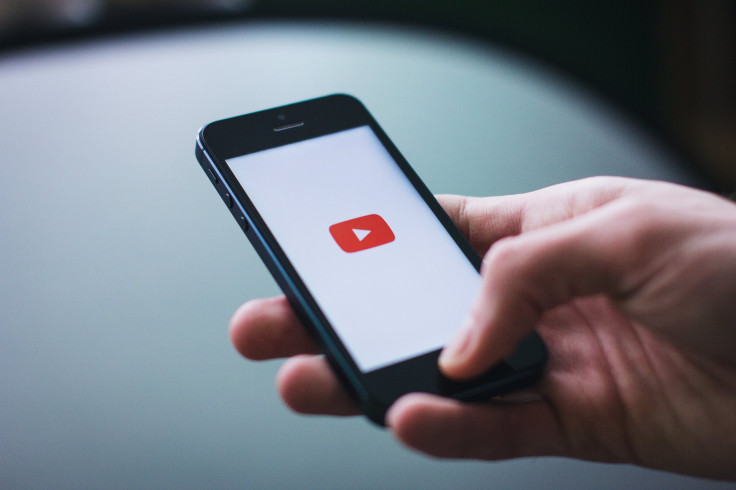Mobile Health Interventions For Happiness: How 5-Minute Videos Boost Your Mood

Smartphones may soon double as our doctors. Our phones have become the go-to gadget for everything, doubling as a talking device and GPS navigator, among other features. Now, a recent study published in the journal Frontiers in Psychology suggests that internet-based therapies via smartphones, also known as “mobile health", can deliver a mood boost in just five minutes.
In the study, researchers analyzed how smartphone use could improve the mood of 27 young men. The participants recorded their mood on their smartphones by answering short questions in order to mark a six-step scale both before and after the video tutorials. Those who succeeded in immediately improving their mood through the smartphone exercises benefited over the longer term as well. Overall, the mood boosts improved throughout the two-week study.
Participants felt more alert, calmer, and uplifted after viewing five-minute video tutorials on their phones. Some of the participants were asked to recall emotional experiences, others repeated short sentences or number sequences in a contemplative manner, while others played with their facial gestures, such as raising eyebrows.
"These findings demonstrate the viability of smartphone-based micro-interventions for improving mood in concrete, everyday situations," said Marion Tegethoff, study author and associate professor at University of Basel's Faculty of Psychology in Basel, Switzerland, in a statement.
Internet-delivered therapy has helped people change their behaviors and stop repeating harmful cycles; and there’s no evidence that it’s either better or worse than face-to-face therapy. Major interventions through smartphones can elicit a positive mood, but researchers haven’t paid as much attention to the idea of using phones for smaller interventions.
This is in line with the precision medicine approach, as smartphone exercises could potentially become a promising tool to aid mental health in the real world. This also promotes the idea of personalized medicine — the accessibility of having the right treatment, at the right time, and in the right place.
The effects of excessive smartphone use on the brain have been well documented, with heavy use linked to anxiety and lower happiness. However, researchers have determined phones themselves are not the cause of negative health outcomes, rather, it's the way people use the technology. Previous research has found people who described themselves as being addicted to the Internet and cellphones were more likely to score higher on depression and anxiety scales. In other words, it’s not the phones, but how we use them.
Source: Meinlschmidt G, Lee JH, Stalujanis E et al. Smartphone-Based Psychotherapeutic Micro-Interventions to Improve Mood in a Real-World Setting. Frontiers in Psychology. 2016.



























